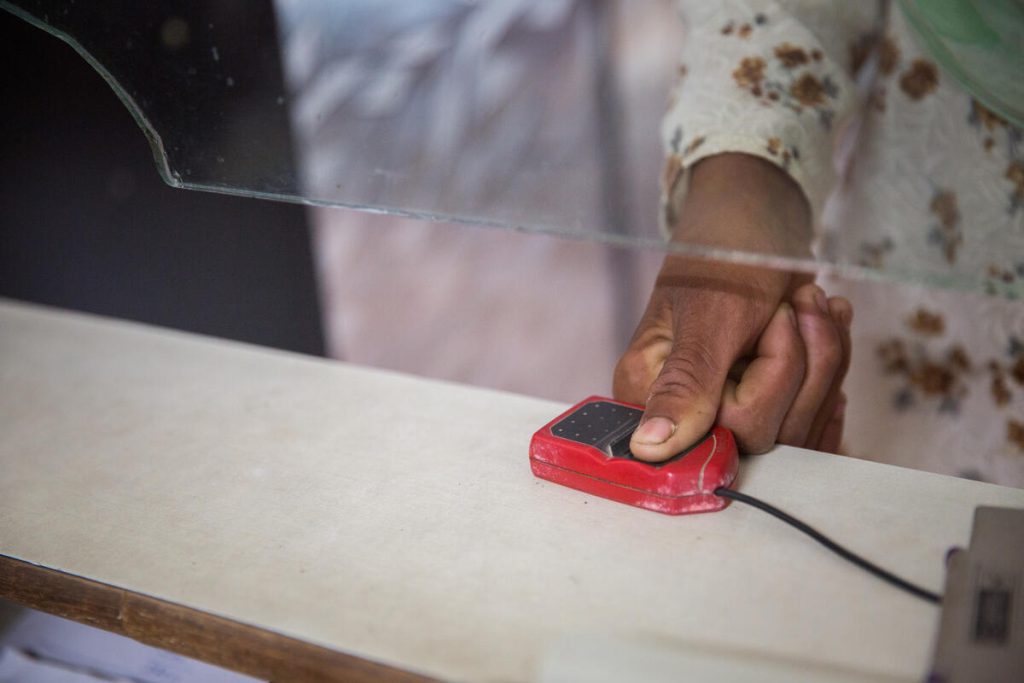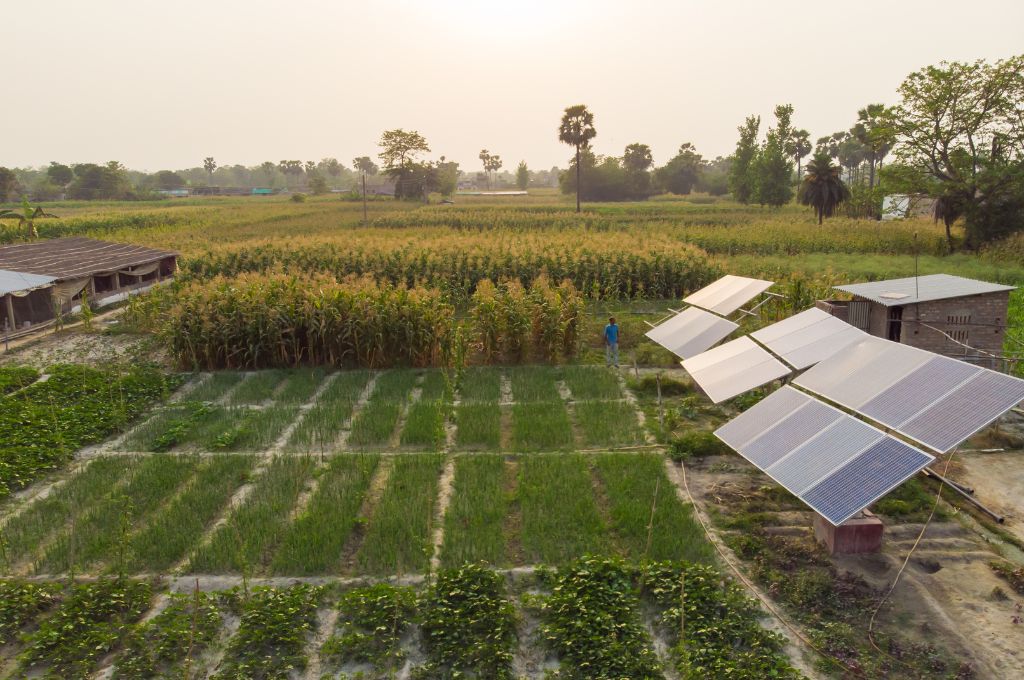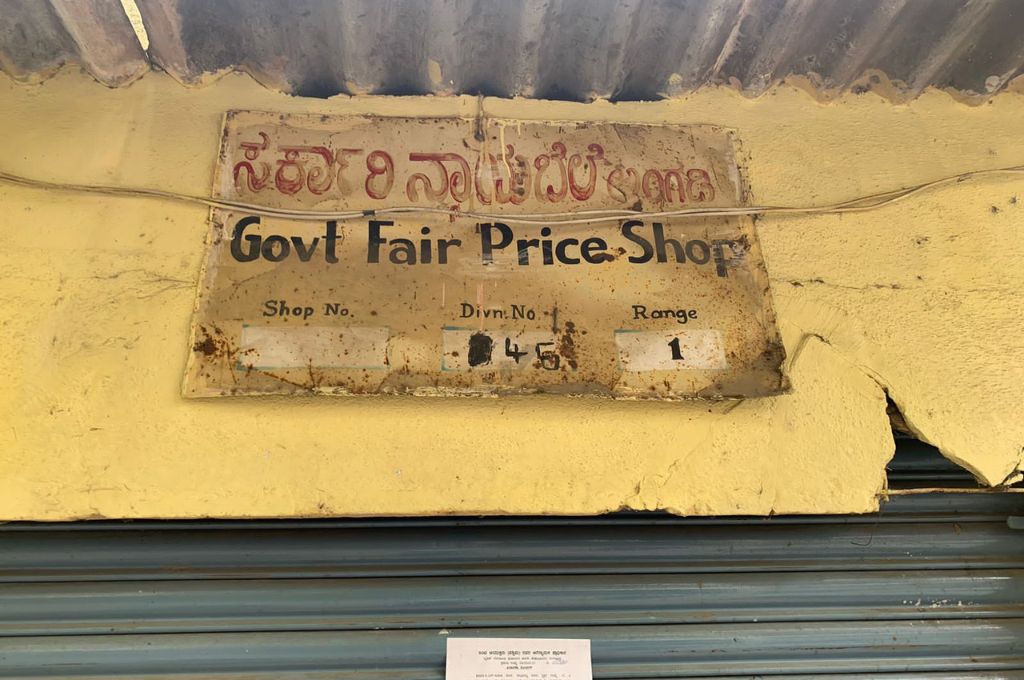There have been lively debates on Aadhaar during the last ten years and the arguments are likely to continue for some time. Our purpose today is not to enter that fray, but to draw attention to the urgent need for emergency safeguards against “Aadhaar-related hassles” in welfare schemes. There is a wide range of such hassles, often causing inconvenience or worse to millions of people, especially among disadvantaged groups.
Many of them have been documented in a series of surveys, reports, articles, statements, audits, complaints, petitions, tweets and videos, but the alerts have largely fallen on deaf ears. Even ardent supporters of Aadhaar have good reason to pay more attention to these issues. Indeed, they have also emerged in evaluations of Aadhaar by institutions that have a favourable view of it, such as Dalberg, IDinsight and Niti Aayog.
Six types of Aadhaar-related hassles are briefly discussed below, along with possible safeguards. We stress that the proposed safeguards are just a form of immediate damage control. They do not obviate the need for a more basic reconsideration of some aspects of Aadhaar and indeed of Aadhaar itself.
1. Excessive Aadhaar imposition
In its September 2018 judgment, the Supreme Court ruled that Aadhaar authentication can be made mandatory only for benefits paid from the Consolidated Fund of India and that alternative means of identity verification must always be provided when Aadhaar fails. Children were exempt. Instead, Aadhaar continues to be routinely demanded from children for basic rights such as anganwadi services or school enrolment. Similarly, for adults, alternatives to Aadhaar are often lacking, and even if there is one, people are kept in the dark about it—this has happened even for Covid-19 vaccination.
Safeguards: The government must abide by and enforce Supreme Court directions, including (1) restriction of mandatory Aadhaar to permissible purposes, (2) provision of an alternative whenever Aadhaar authentication fails, (3) unconditional exemption for children.
2. Arbitrary exclusions
Central and state governments have made routine use of the “ultimatum method” to enforce the linkage of welfare benefits with Aadhaar. In this method, benefits are simply withdrawn or suspended if the recipients fail to comply with the linkage instructions in good time, such as failing to link their job card, ration card or bank account with Aadhaar. Typically, the victims are neither warned nor informed when their pensions are discontinued, National Rural Employment Guarantee Act, or NREGA, wages blocked, or other benefits withdrawn. To add insult to injury, the corresponding reduction in public expenditure is often projected as “savings due to Aadhaar”.
Safeguards: Benefits should never be withdrawn or suspended without (1) advance disclosure of the names that are likely to be deleted (e.g. on scheme websites and Gram Panchayat offices) along with reason for proposed deletion, (2) issuing a show cause notice to those concerned and giving them an opportunity (with ample time) to respond or appeal, (3) ex-post disclosure of all cases of deletion, with date and reason.

3. Inadequate facilities for Aadhaar enrolment, updation and retrieval
Even as the ambit of Aadhaar widens and it becomes de facto mandatory, enrolling for Aadhaar, updating personal details in the Aadhaar database and retrieving lost Aadhaar numbers have become major hassles for many. A significant minority of people, especially among the elderly or disabled, were turned away from enrolment centres and have no idea how to get an Aadhaar number. Correction or updation of Aadhaar cards (even simple changes like updating an address after marriage) can be quite challenging for poor people. To retrieve a lost number, some are advised to seek assistance from one of eight regional centres of the Unique Identification Authority of India, or UIDAI, a near-impossible task for them.
Safeguards: The Unique Identification Authority of India must ensure that the following facilities are conveniently available to all, for free, at the block level or below, in a well-supervised public facility: (1) Aadhaar enrolment, including enrolment of persons with disabilities, missing fingers, missing iris and others, (2) Updation of Aadhaar biometric or demographic details without prior appointment or long queues. (3) Retrieval of lost Aadhaar numbers in all circumstances (including cases where the applicant is unable to provide useful demographic details).
4. Unreliable demographic details
The demographic details on an Aadhaar card are often unverified and unreliable, particularly the person’s age (date of birth). Yet, Aadhaar-based age is frequently used to check eligibility for old-age pensions or school admission, and even to assign children to a particular grade. Further, correcting age on an Aadhaar card is often difficult without supporting documents such as a birth certificate.
Safeguards: Aadhaar cards should not be used for purpose of age verification. Correction of age in the Aadhaar database should be made easier for people who lack supporting documents.
5. Error-ridden Aadhaar Payment Bridge System
The pressure to link bank accounts with Aadhaar, enforce ever-stricter and ever-changing Know Your Customer, or KYC, or e-verification norms and use the Aadhaar Payment Bridge System for direct benefit transfer payments, has created huge confusion in welfare payments. Delayed payments, rejected payments, diverted payments and blocked payments are just four categories of payment problems that have plagued welfare schemes including NREGA, social security pensions and maternity benefits. To illustrate, Niti Aayog recently reported that 28% of maternity benefit payments under the Pradhan Mantri Matru Vandana Yojana went to an account different from that provided by the beneficiary. It is surprising that the Reserve Bank of India allows these problematic payment systems.
Safeguards: (1) A comprehensive review of the Aadhaar Payment Bridge System and direct benefit transfer systems should be conducted by an expert group constituted under the auspices of a credible institution independent from the government, such as the Parliamentary Standing Committee on Communications and Information Technology. (2) The Reserve Bank of India and National Payments Corporation of India should monitor all types of payment problems and place detailed monthly reports in the public domain. (3) Meanwhile, the government should stop insisting on fast-track migration from “account-based payments” to “Aadhaar-based payments” in the direct benefit transfer system and consider a freeze on further onboarding to Aadhaar Payment Bridge System.
6. Fraud-prone Aadhaar-enabled Payment System
The Aadhaar-enabled Payment System, or AePS, is a facility that enables someone who has an Aadhaar-linked account to withdraw money from it anywhere in India through biometric authentication with a “business correspondent”—a kind of mini-ATM. There have been rampant abuses of this facility by corrupt business correspondents, especially “roaming business correspondents”, to extort money from unsuspecting victims by persuading them to put their finger in a point of sale machine under some pretext. The prime targets of corrupt business correspondents are defenceless people such as elderly persons without education. Aside from cases of individual extortion, there have also been instances of organised Aadhaar-enabled Payment System-based scams like the “scholarship scam” in Jharkhand. Informed consent has gone by the window, for both Aadhaar Payment Bridge System and Aadhaar-enabled Payment System.
Safeguards: The National Payments Corporation of India must urgently put in place stronger safeguards against the vulnerabilities of Aadhaar-enabled Payment Systems and better grievance redressal facilities. Business correspondents should always be clearly identified in bank transaction records. Roaming business correspondents should be banned for the time being. Informed consent norms should be reviewed.
Even privileged people are not free of some of these hassles, but they are comparatively safe, thanks to their special access to the remedies offered by online facilities, personal connections, and middlemen. The poor have no connections and for them middleman “option” is often a source of further exploitation. They are the main victims of this state of affairs, but their hardships seem to count for very little at the top.
Underlying the persistence of these Aadhaar-related hassles is the lack of accountability of the Unique Identification Authority of India. Interestingly, the draft of the Aadhaar Act (called the National Identification Authority of India bill at that time) included an entire chapter aimed at ensuring independent oversight of the Unique Identification Authority of India by a high-powered “Identity Review Committee”. This chapter, however, was dropped in the final version of the Aadhaar Act. Ideally, the Act should be amended to reinstate provisions for independent oversight of the Unique Identification Authority of India.
This was originally published on The Scroll.






